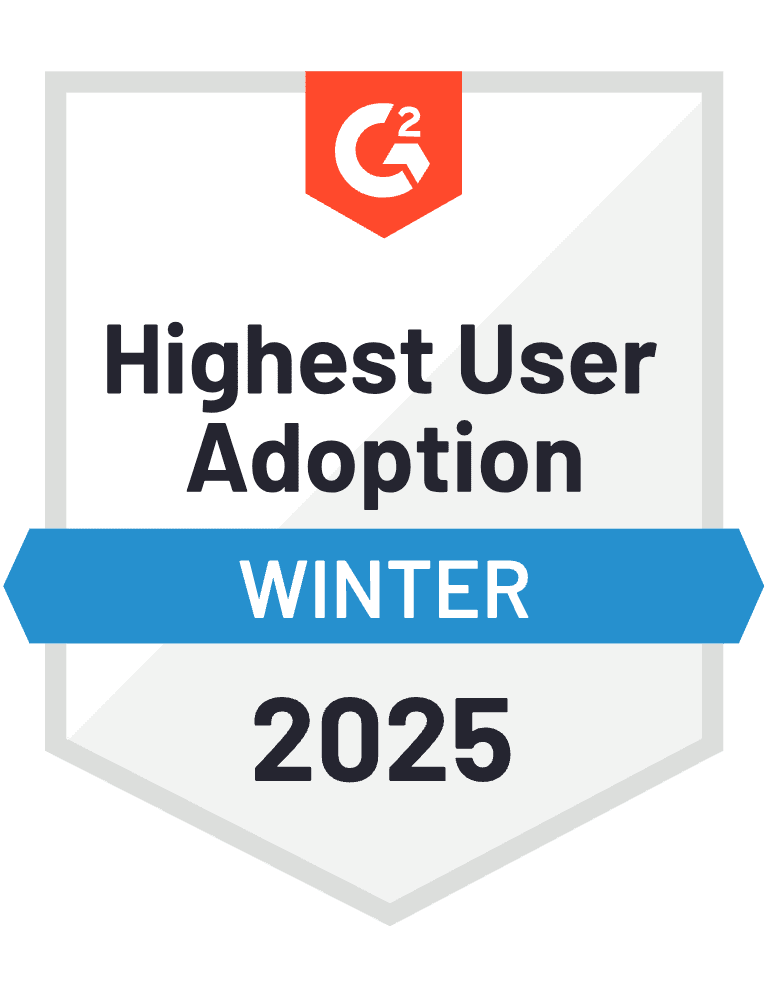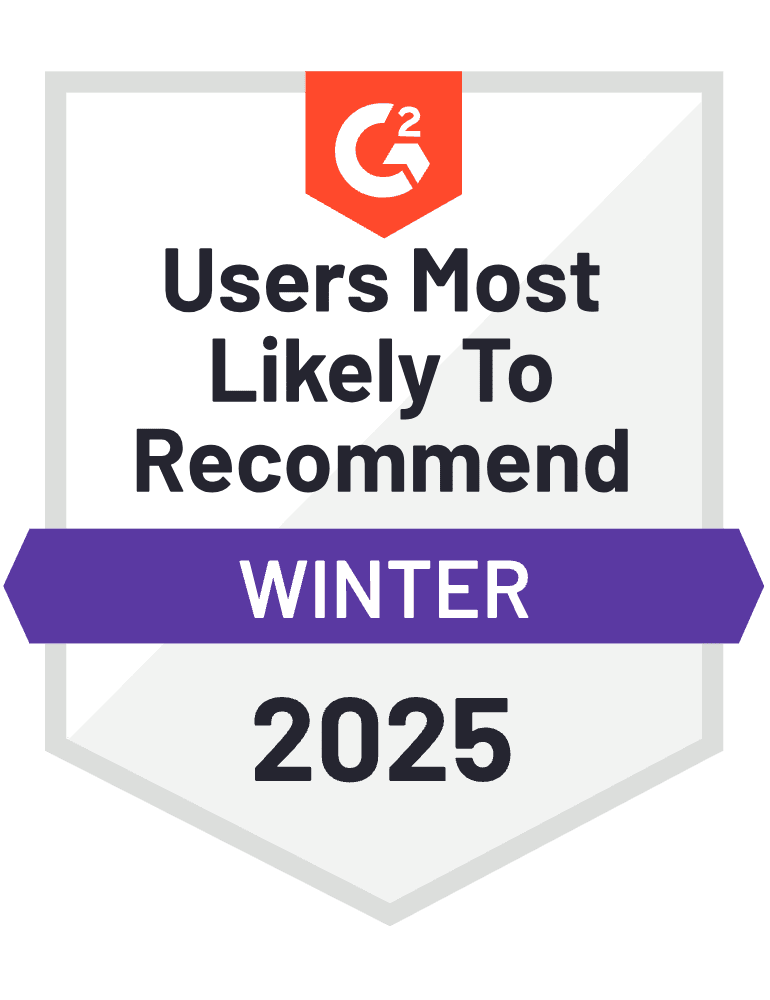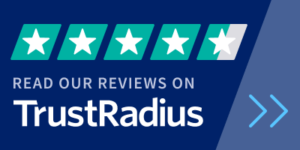
Domino’s. Houston Rockets. BP. What do all of these brands have in common? They have all been in the news for being involved in a crisis in the past couple of years. The lists go on and on when it comes to crisis communications case studies. As I have shared with students and young professionals, if you go into crisis communications, you will always have a case to discuss and work to do.
First off, what is a crisis? Crises come in various forms and can impact an organization or individual at any time. In other words, crises are significant, disruptive events that often feature a rapid onset. Social media crises, on the other hand, can spread virally from person to person at a moment’s notice. Social media and crisis communications is one of the fastest growing areas of specializations out there. Practitioners are faced with not just handling traditional crises like natural disasters and corporate scandals, but now have to face the rise of fake news, false rumors, hacks and cyber attacks, and the rise of audiences coming together to voice their outrage on a situation, issue or brand.
There are a lot of challenges practitioners and professionals in the industry face today, so what are some ways we can come up on top of a crisis?
Listen and monitor keywords, trending topics, advocates and names of personnel
Listening and having a proactive media monitoring plan is crucial to identify any early warning signs coming across online about your brand, key personnel and news that can have implications for your brand. You should make a list of key terms to monitor and even have variations. An example is misspellings, which are key to monitor so you don’t miss mentions even if they’re spelled incorrectly.
Create a list of audiences, influencers and advocates who are related to your brand
Along with monitoring your key terms, you want to make sure you have a clear idea of audiences who can help shift and influence your brand’s overall perception and image during an online crisis. Influencers, advocates and even ambassadors are not only used in campaigns or product launches, but they could also be another way to engage and reach your audience in a crisis. However, the context, situation and relationship with the influencer all have to be taken into consideration for each crisis.
Think about the context and hashtags you are using
You want to take a step back and ask yourself–what different ways can my post be interpreted? Get second opinions and think about all of the different ways your content can be misinterpreted. Social media is all about first impressions, and if you post something you think is innocent, but it causes an outrage amongst your community, this can certainly result in a crisis.
Go where the community is having the conversation
Don’t force yourself to control the conversation, but be a participant in the dialogue. You want to make sure you are there, so you can answer any questions while being present. You also want to have a flowchart (Melissa Agnes has a great one) on how to respond and react to an online crisis. Planning ahead of time will also help you be proactive in addressing situations across platforms.
Educate yourself on current crisis trends and issues so you can update your crisis plan
Social media changes all the time even in good situations but has also been a key factor that has driven a lot of crises for other brands. These practices, procedures and plans all need to be updated to ensure everyone has the most up-to-date insights and protocols in place. A designated section that is constantly updated with new trends, tools, best practices and case studies is crucial in making sure everyone is on board with social media protocols and practices.
Make sure your messages are clear and concise with no room for interpretation
You want to provide enough clarity for what you want audience members to do in a crisis so that they understand it and also makes them realize “This is important for me to follow.” The messages need to resonate and show your audiences you not only acknowledge there is a crisis, but you are going to make sure to take certain actions to make sure this does not happen again.

Karen Freberg
Karen Freberg, Ph.D. (@kfreberg) is an Associate Professor in Strategic Communication at the University of Louisville. Freberg recently published her first solo social media textbook with SAGE titled Social media for strategic communication: Creative strategies and research-based applications.








